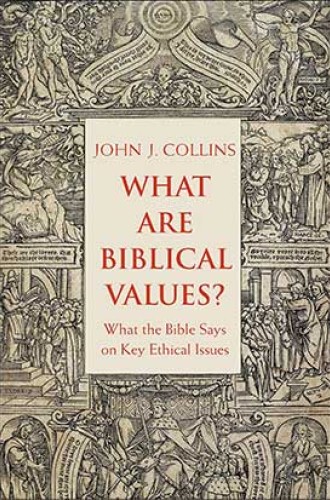What the Bible actually says about abortion, slavery, and other controversial topics
Should scripture inform our ethics? How, and which parts?
Very few members of my congregation are drawn to the Bible like I am. Generally, they articulate feeling lost when it comes to scripture. More often than not, our sacred texts puzzle, disturb, and alienate them. Confirmation students ask what I suspect many adults are also thinking: “Why do we need this book? It was written by old dead guys! It’s boring! It’s homophobic, sexist, and violent!”
What I hear underneath my congregants’ struggle with the Bible is a reluctance to trust their own authority as interpreters. They seem to believe they have only two options: swallow the text—and the flawed readings of it that permeate popular culture—without question, or reject it as useless and offensive. In this sense, they’re the ideal audience for John Collins’s new book.
Collins, who teaches Old Testament at Yale Divinity School, pours a lifetime of scholarship into this study of what the Bible says about controversial ethical topics. It’s highly readable, and it’s honest: “The Bible is often called the Good Book. In fact, it is more of a proverbial curate’s egg: good in spots.” (The phrase “curate’s egg” originated with an 1895 cartoon that portrays a curate dining at his bishop’s table. “I’m afraid you’ve got a bad egg,” the bishop says. “Oh no, my Lord, I assure you!” the curate replies, with timid politeness. “Parts of it are excellent!”)






